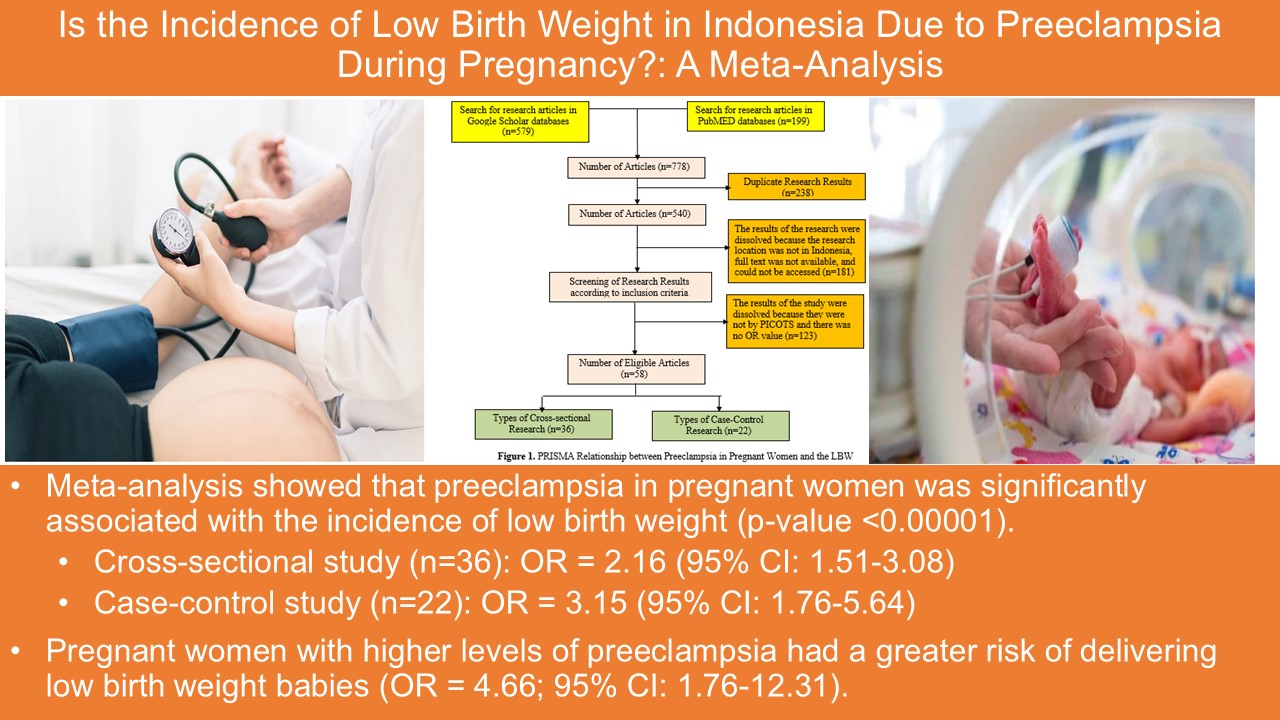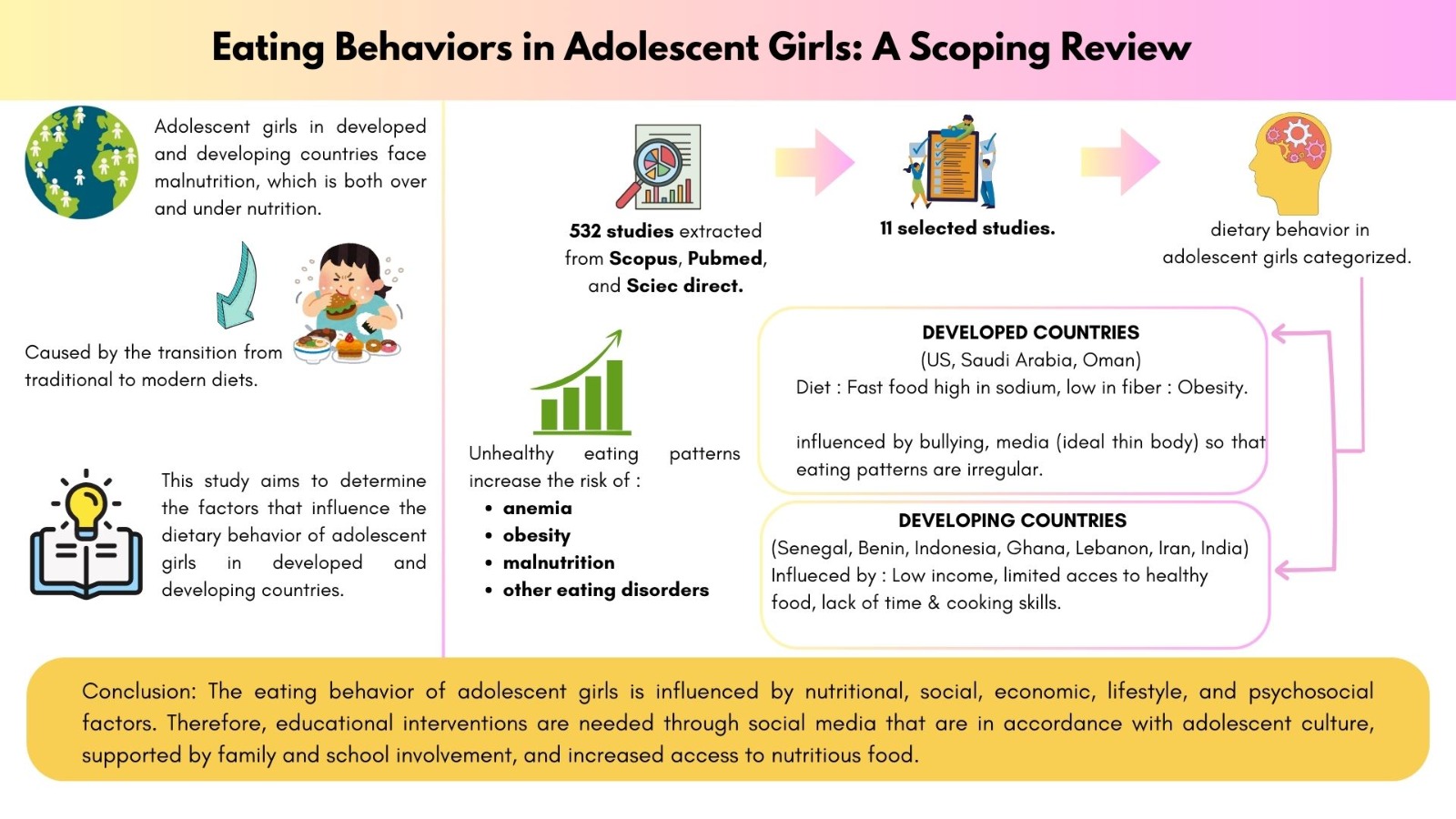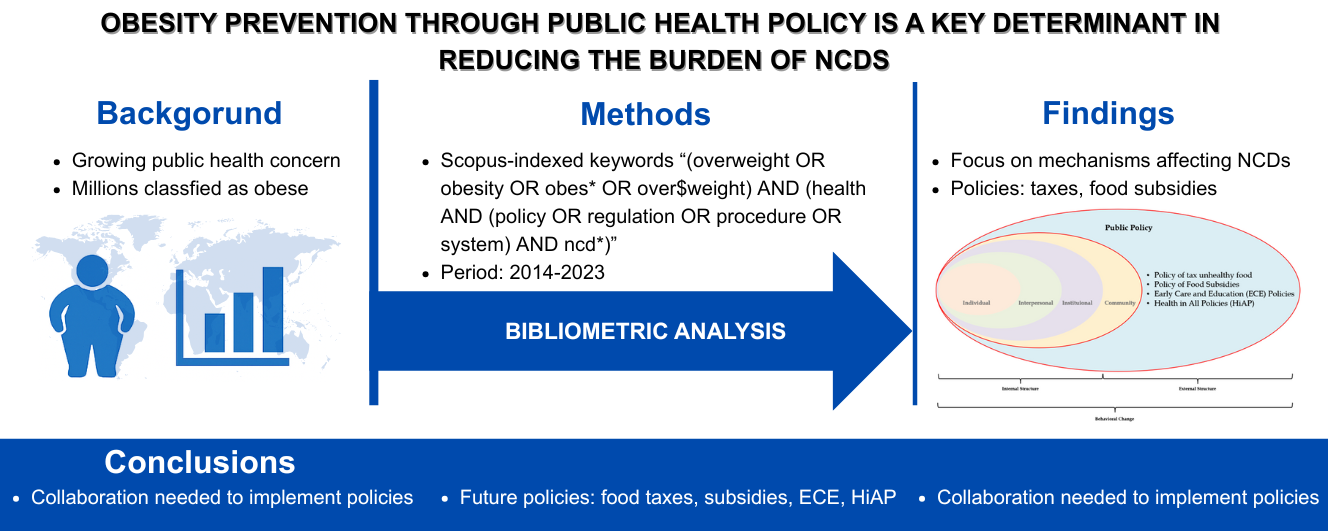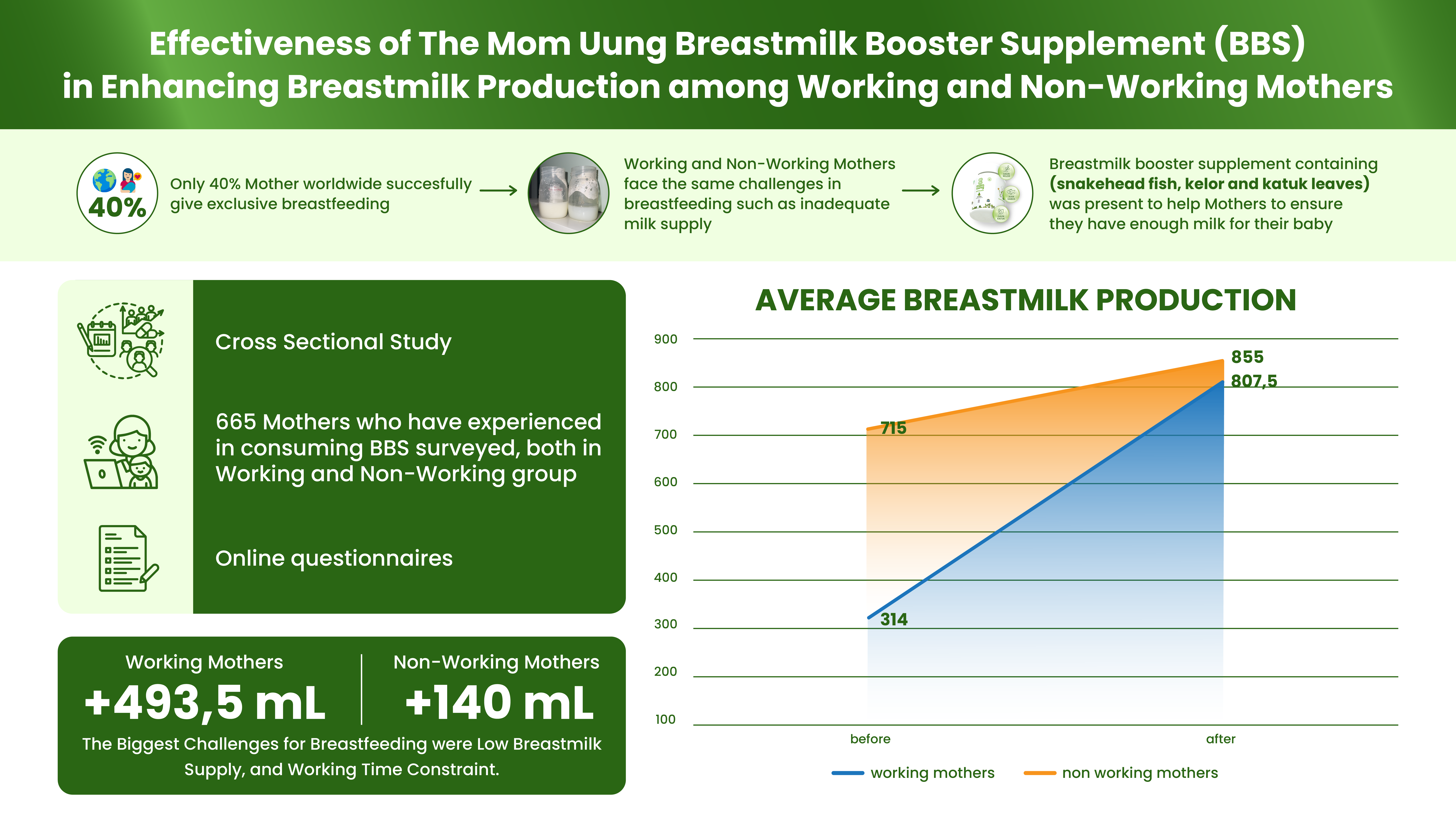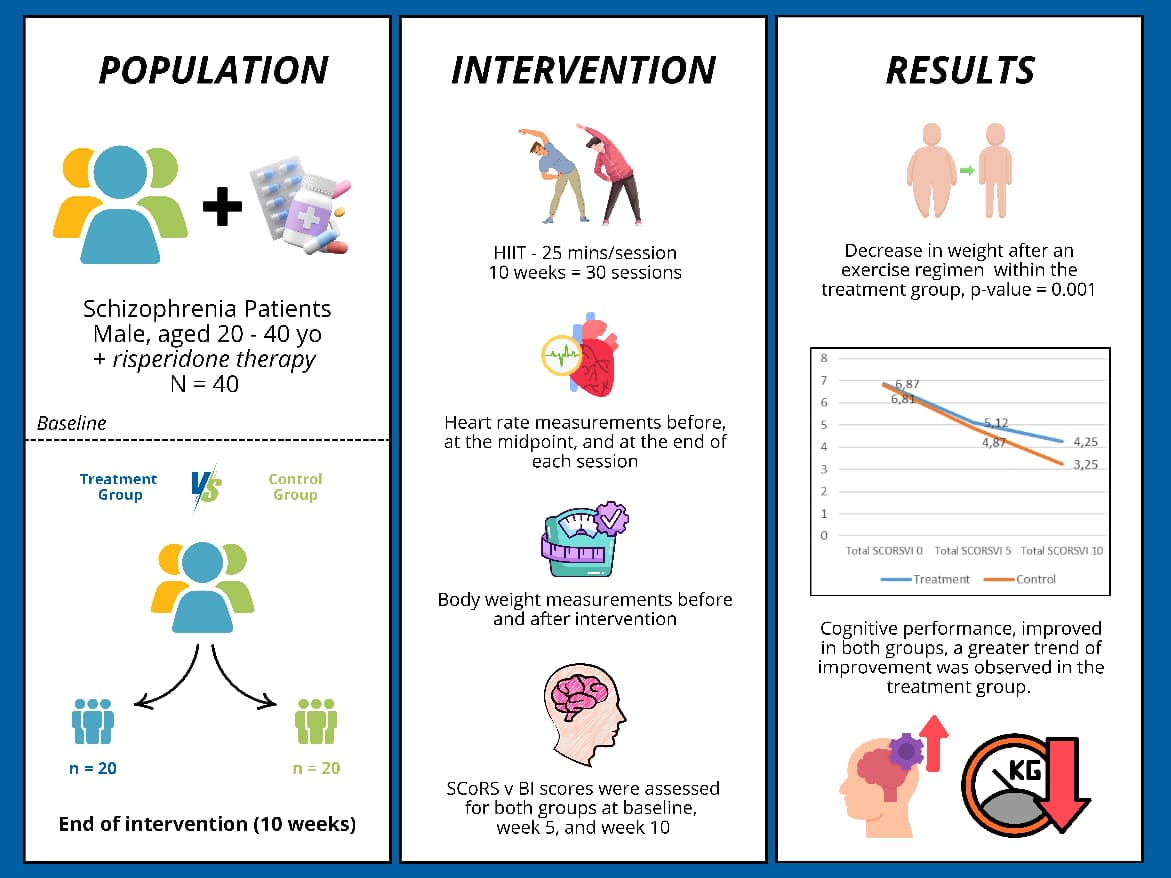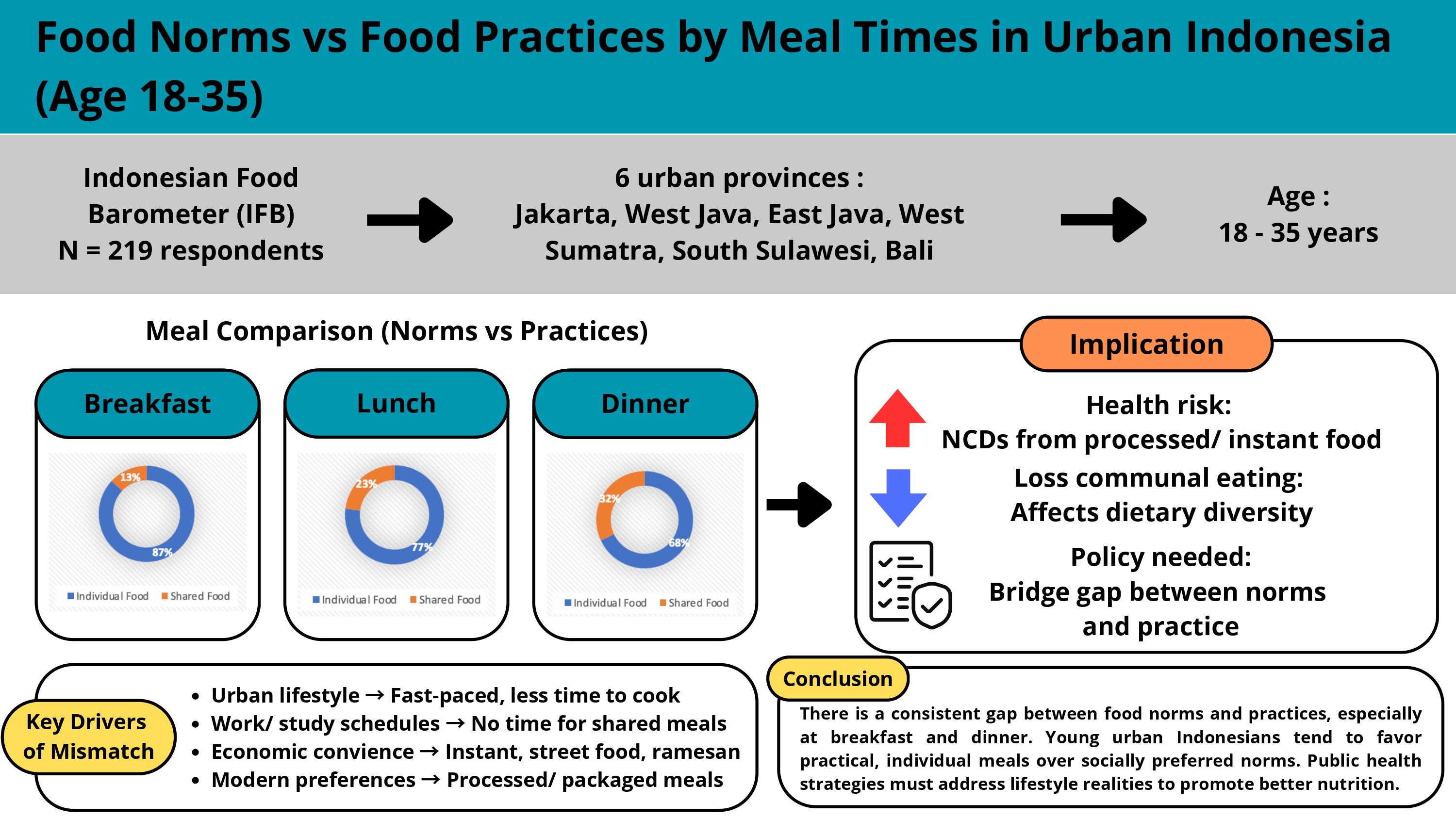Effectiveness of Online Based Nutrition Education in Increasing Knowledge and Self-Efficacy
The latest COVID-19 pandemic has taught the importance of nutrition and immunity to prevent diseases, in which case the fatality rate exceeded 2.58%. Immunity is believed to be one of the critical efforts to prevent the spread of COVID-19. This is, for sure, inseparable from nutritional intake, exercise, and environmental factors. However, that needed to be better understood by many people. This study aims to assess the effectiveness of online-based nutrition education in increasing knowledge and self-efficacy to maintain a balanced nutritional intake and implement hygiene. Online-based nutrition education was done using video conference by Zoomconference and text-based education methods using Telegram. Each session is held for approximately two hours. Samples were all collected voluntarily, comprising an adult population aged 19 – 5 . Knowledge and self-efficacy were measured using a structured questionnaire. In total, 217 samples were recruited. 92.2% of participants were female, the average age was 29 ± 10.04, 34.1% worked as civil servants, and the majority, 52.1%, came from East Java. Education with the digital learning method succeeded in increasing nutritional knowledge from a score of 55.9 to 91.8 (p<0.000) and significantly increasing self-efficacy of consuming balanced-nutritious food and self-efficacy of a clean and healthy lifestyle (p<0.000). In conclusion, online-based nutrition education proved effective in increasing knowledge and self-efficacy. Hence, program duplication with a broader range of subjects can be done nationally.
Ajzen, I. (2002). Perceived behavioural control, self‐efficacy, locus of control, and the theory of planned behaviour 1. Journal of applied social psychology, 32(4), 665-683. https://doi.org/10.1111/j.1559-1816.2002.tb00236.x.
Alberca, R. W., Oliveira, L. D. M., Branco, A. C. C. C., Pereira, N. Z., & Sato, M. N. (2021). Obesity as a risk factor for COVID-19: an overview. Critical reviews in food science and nutrition, 61(13), 2262-2276. https://doi.org/10.1080/10408398.2020.1775546
Ali, M., & Tsou, S. C. (1997). Combating micronutrient deficiencies through vegetables—a neglected food frontier in Asia. Food policy, 22(1), 17-38. https://doi.org/10.1016/S0306-9192(96)00029-2
Azrimadaliza, A., Khairany, Y., & Putri, R. (2021). Pengetahuan, Sikap dan Perilaku Gizi Keluarga dalam Meningkatkan Imunitas Selama Pandemi Covid-19. Jurnal Ilmiah Kesehatan, 20(1), 40-44. https://doi.org/10.33221/jikes.v20i1.883
Calder PC, Carr AC, Gombart AF, Eggerdorfer M. (2020). Optimal Nutritional Status for a Well-Functioning Immune System Is an Important Factor to Protect against Viral Infections. Nutrients; 4:1181. https://doi.org/10.3390/nu12041181
Carr AC dan Maggini S. (2017). Vitamin C and Immune Function. Nutrients. 9, 1211. https://doi.org/10.3390/nu9111211
Cruzat V, Rogero MM, Keane KN, Curi R, Newsholme P. (2018). Glutamine: Metabolism and Immune Function, Supplementation and Clinical Translation. Nutrients; 10(11):1564. https://doi.org/10.3390/nu10111564
de Heredia, F. P., Gómez-Martínez, S., & Marcos, A. (2012). Obesity, inflammation and the immune system. Proceedings of the Nutrition Society, 71(2), 332-338. https://doi.org/10.1017/S0029665112000092
Di Renzo, L., Gualtieri, P., Pivari, F. et al. COVID-19: Is there a role for immunonutrition in obese patient?. J Transl Med 18, 415 (2020). https://doi.org/10.1186/s12967-020-02594-4
Gombart, A. F., Pierre, A., & Maggini, S. (2020). A review of micronutrients and the immune system–working in harmony to reduce the risk of infection. Nutrients, 12(1), 236. https://doi.org/10.3390/nu12010236
Grant WB, Lahore H, Mcdonnell SL, Baggerly CA, French CB, Aliano JL, et al. (2020). Evidence that Vitamin D Supplementation Could Reduce Risk of Influenza and COVID-19 Infections and Deaths. Nutrients; 12:988. https://doi.org/10.3390/nu12040988
Herzog, R., & Cunningham-Rundles, S. (2015). Malnutrition, Immunodeficiency, and Mucosal Infection. In Mucosal Immunology, 1461-1479. Academic Press. https://doi.org/10.1016/B978-0-12-415847-4.00074-4
Indonesia Ministry of Health. (2019). Studi Diet Total 2018. Jakarta: Indonesia Ministry of Health.
Khomsan A. 2002. Pangan dan Gizi Untuk Kesehatan. Jakarta: PT Raja Grafindo. Persada.
Koh, H. K., Geller, A. C., & VanderWeele, T. J. (2021). Deaths from COVID-19. Jama, 325(2), 133-134. doi:10.1001/jama.2020.25381
Rachmah, Q., Nindya, T. S., Aji, A. S., Pattimah, S., Rachmah, N., Maulana, N. I., ... & Astina, J. (2021). Peningkatan Pengetahuan Dan Self-Efficacy Upaya Pencegahan Covid-19 Melalui Edukasi Gizi Konvensional. Media Gizi Indonesia, 16(3), 273-279. https://doi.org/10.20473/mgi.v16i3.273–279
Ruani, M. A., & Reiss, M. J. (2023). Susceptibility to COVID-19 Nutrition Misinformation and Eating Behavior Change during Lockdowns: An International Web-Based Survey. Nutrients, 15(2), 451.
Simonnet, A., Chetboun, M., Poissy, J., Raverdy, V., Noulette, J., Duhamel, A., ... & Verkindt, H. (2020). High prevalence of obesity in severe acute respiratory syndrome coronavirus‐2 (SARS‐ CoV‐2) requiring invasive mechanical ventilation. Obesity, 28(7), 1195-1199. https://doi.org/10.1002/oby.22831
Stark, C. M., Graham-Kiefer, M. L., Devine, C. M., Dollahite, J. S., & Olson, C. M. (2011). Online course increases nutrition professionals' knowledge, skills, and self-efficacy in using an ecological approach to prevent childhood obesity. Journal of nutrition education and behavior, 43(5), 316-322. https://doi.org/10.1016/j.jneb.2011.01.010
Tsani, A. F. A., Nugroho, T. W., Ayustaningwarno, F., Dieny, F. F., & Kristiana, I. (2020). Providing online education to improve health and nutrition knowledge in security units during the pandemic (Covid-19). Jurnal Aisyah: Jurnal Ilmu Kesehatan, 5(2), 175-179. doi:10.30604/jika.v5i2.355
World Health Organization. (2020). Tools to Fight COVID-19 [Online]. Geneva: World Health Organization. Available at: https://www.who.int/initiatives/act-accelerator (Accessed: 15 January 2022)

This work is licensed under a Creative Commons Attribution-NonCommercial-ShareAlike 4.0 International License.
- MEDIA GIZI INDONESIA Journal is the copyright owner of all materials published on this website.
- The formal legal provisions for access to digital articles of this electronic journal are subject to the terms of the Creative Commons Attribution-NonCommercial-ShareAlike license (CC BY-NC-SA 4.0), which means that MEDIA GIZI INDONESIA Journal and readers reserve the right to save, transmit media / format, manage in database, maintain, and publish articles as long as it continues to include the name of the Author.
- Printed and published print and electronic manuscripts are open access for educational, research and library purposes. In addition to these objectives, the editorial board shall not be liable for violations of copyright law.


2.png)















